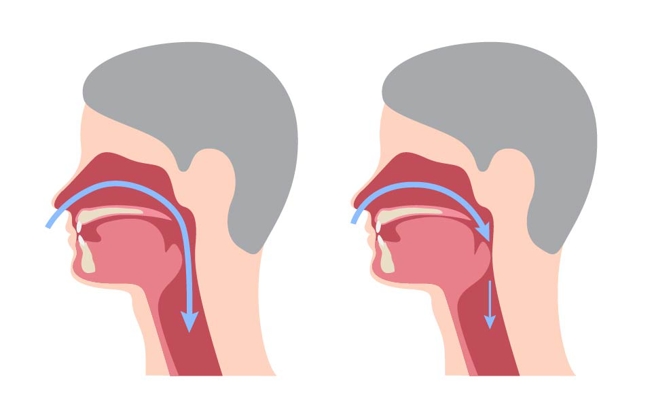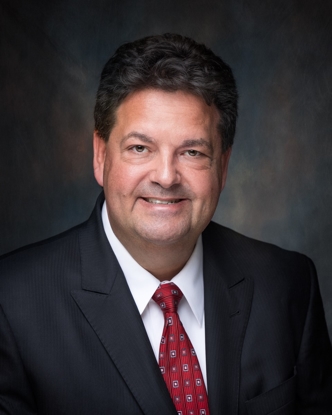The Health Effects of Secondhand Smoke
- Posted On:

The Harmful Effects of Secondhand Smoke Inhalation
While smokers assume the health risks associated with smoking and using tobacco products, secondhand smoke can be just as harmful to the people around them—the experts at Parrish Healthcare outline the various ways that secondhand smoke can affect the body.
What is Secondhand Smoke?
Secondhand smoke (SHS), or environmental tobacco smoke, is a combination of the smoke exhaled by a smoker and the smoke streaming from the lit end of a cigarette. According to the CDC, secondhand smoke contains more than 7,000 chemicals, including 70 carcinogens that can cause cancer.
Increases Risk of Health Complications
Lung Cancer
Nonsmokers who are consistently exposed to secondhand smoke are at an increased risk of developing lung cancer by up to 30%. Although someone may not have ever smoked in their own lifetime, nonsmokers are exposed to many of the same cancer-causing chemicals as smokers by inhaling secondhand smoke.
Cardiovascular Disease
Nonsmokers who are consistently exposed to secondhand smoke are also at an increased risk of developing heart disease by up to 30%. This is because the chemicals present within secondhand smoke affects your blood and your blood vessels, increasing the possibility of the following:
- Heart attack
- Stroke
- Damage to the lining of blood vessels
- Platelets that become stickier
Sudden Infant Death Syndrome (SIDS)
Sudden infant death syndrome (SIDS) refers to the sudden, unexpected, and unexplained death of a baby less than 1 year of age—which is the leading cause of death of healthy infants in the United States. Unfortunately, secondhand smoke increases the risk of SIDS.
Cardiovascular Care in Titusville
When it comes to supporting your lung health, it is important to find a specialist you can depend on. The Cardiovascular Team at Parrish Medical Center has a proven quality and safety track record in the prevention, diagnosis, treatment and rehabilitation of heart, pulmonary (lungs), and vascular conditions.
Learn more information about our cardiovascular services today.



